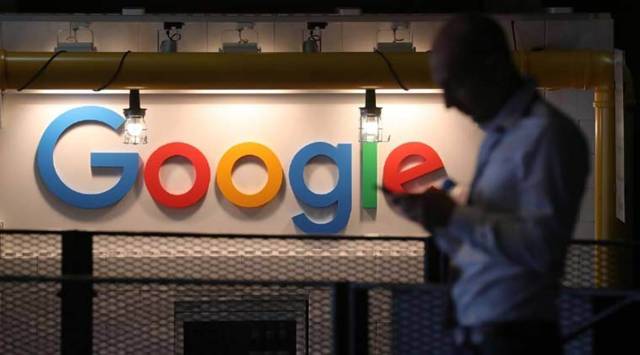Google defends Android OEM deals for Google Search, Chrome apps
Google and the EU clashed over the company's Mobile Application Distribution Agreements (MADAs) that requires (OEMs) to pre-install the Google Search app and Chrome browser app in return for licensing Google Play for free.
 Google, the largest digital-ad seller, has been criticized for letting companies looking to debunk or deny climate change buy search ads (Image Source: Reuters)
Google, the largest digital-ad seller, has been criticized for letting companies looking to debunk or deny climate change buy search ads (Image Source: Reuters)Alphabet unit Google on Tuesday said deals with Android phone makers that landed it a record 4.3-billion-euro ($5 billion) antitrust fine boosted competition and rejected EU charges they were a carrot-and-stick tactic that stifled rivals.
Google was addressing the second day of a week-long hearing as it tries to get Europe’s second-highest court to annul the fine and a European Commission order to make it loosen its search engine grip on Android devices.
Lawyers for Google and the EU competition executive clashed over the company’s Mobile Application Distribution Agreements (MADAs) that require phone makers (OEMs) to pre-install the Google Search app and Chrome browser app in return for licensing Google Play for free.
“This licensing model is what attracted OEMs to the Android platform, and what enabled those OEMs to offer a consistent and high-quality user experience at the lowest possible price,” Google’s lawyer Alfonso Lamadrid told the General Court.
“People use Google because they choose to, not because they’re forced to,” he said.
Commission lawyer Carlos Urraca Caviedes rejected the argument, calling the deals and other restrictions Google’s carrot-and-stick policy towards phone makers.
“These helped Google ensured its competitors would not achieve critical mass to challenge its dominance,” he told the court.
He also said such deals were unnecessary in view of the market power of Google, the world’s most popular internet search engine, and its significant number of users.
Urraca Caviedes said what Google did “goes beyond what is necessary to develop and maintain the Android platform”.
A verdict may come next year. The case is T-604/18 Google vs European Commission.
($1 = 0.8537 euros)







